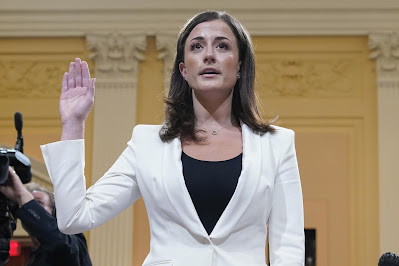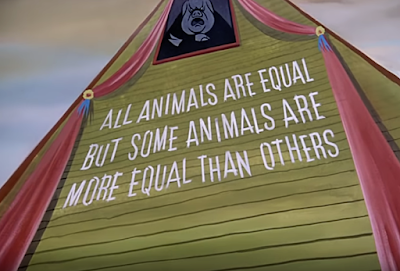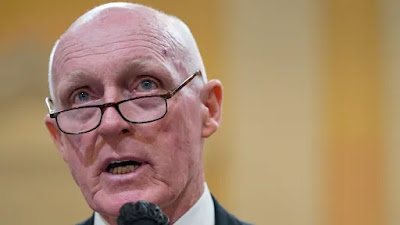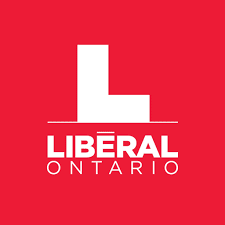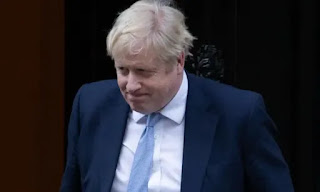Marjorie LeBreton writes that it's make or break for the Conservative Party of Canada:
I have been a Conservative all of my adult life, witnessing firsthand the party’s evolutions and iterations over 60 years. Throughout that time – as I went from being a secretary at party headquarters and in John Diefenbaker’s office through years as a war horse in battles that all seemed momentous at the time to my grateful service in the Senate of Canada — there was always a common bond that held Conservatives together as we worked in the best interests of the party and of the country.
And these days that bond -- such as it is -- is very fragile. The chief reason for that fragility is that the party has been wandering in the desert for a long time:
I point out the simple fact that since I first joined the staff of the party during the final year of the Diefenbaker government in the 1960s, our party has been in power only three times – in 1979, with the short-lived Clark government; from 1984-1993 with the government led by the visionary and courageous Brian Mulroney; and from 2006- 2015 under the highly intelligent and disciplined Stephen Harper. If you do the math, that’s a grand total of 19 years in the past six decades.
Now, I fervently believe that the Conservative Party has reached an existential choice. The current leadership race is the third in six years, and the message that sends to Canadians in general cannot go unheard by Conservatives in particular: We have to get it right this time. I fear that if we don’t, the great accommodation reached by Stephen Harper and Peter MacKay in the fall of 2003 could fracture, possibly beyond repair.
Clearly, this trend cannot continue if we are serious about earning the support of Canadians in future elections. Setting aside the unseemliness of the treatment of the last leader, Erin O’Toole, and what that says on a human scale, it was clear that he had lost the support of the caucus. The party moved swiftly to set in motion the process for choosing the next leader. Personally, I applauded the Leadership Election Organization Committee for resisting demands for an early vote, opting instead for a longer campaign. The wise decision to hold the vote on September 10th would allow the time required for potential leaders to enter the race, organize their campaigns, sell memberships and introduce themselves to the membership.
The question is, "What will happen in the interval?" In the United States, the Republican Party may blow itself up. The same fate could await the Conservative Party of Canada.
Image: Policy Magazine

